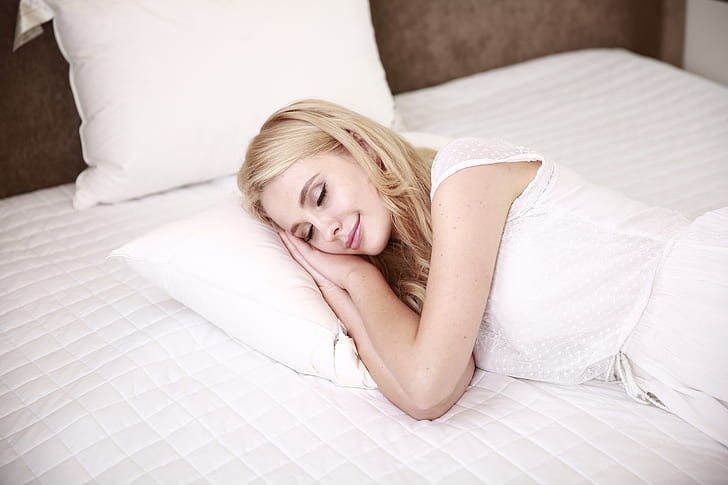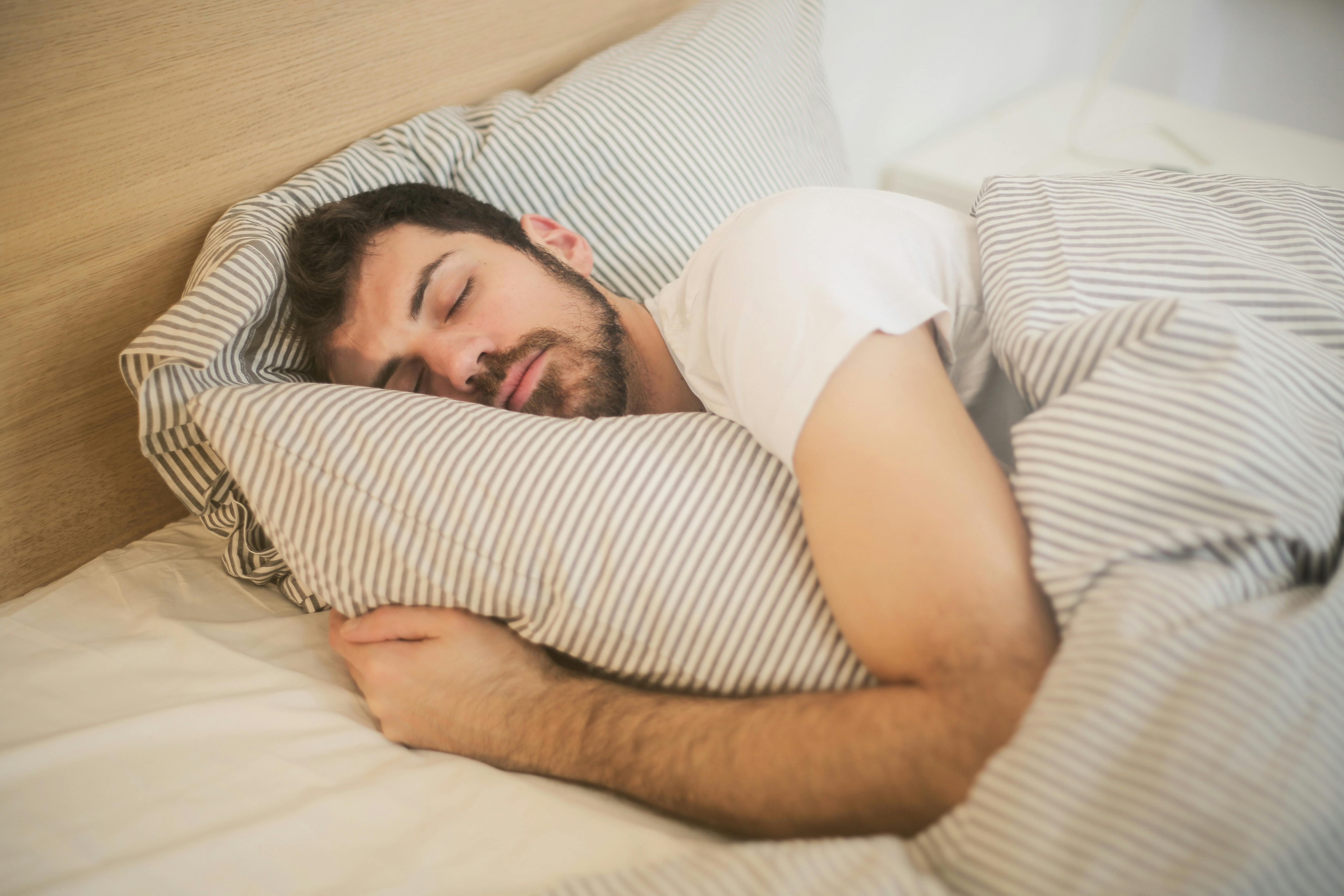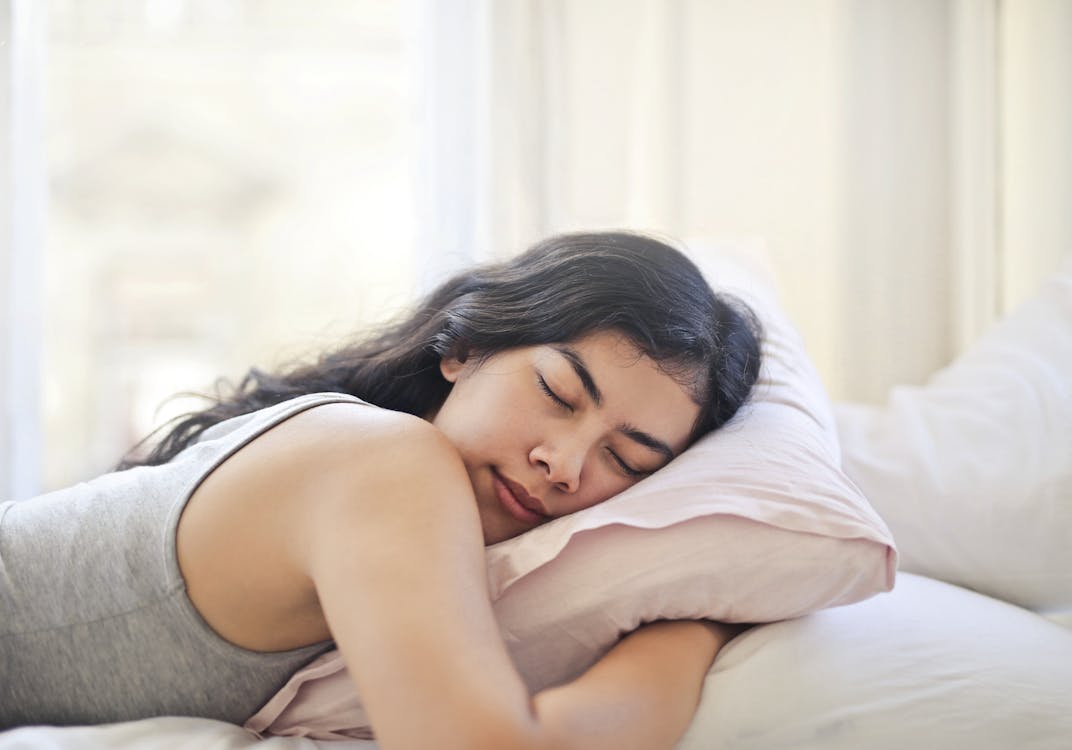Heat Waves Increase Reliance on AC

With another heat wave predicted for soon, more people are turning to air conditioning (AC) systems as relief against extreme heat. As people become more reliant on it and continue sleeping with it on, homes and offices across semi-urban and rural areas rely more heavily on AC than ever. Although AC provides relief against extreme heat waves when inside, if left running overnight – which has become common practice these days – there may also be associated health risks from sleeping with it on. Here are six issues related to sleeping with AC on.
Sleeping with an AC on can have negative impacts on respiratory health

Incorporating air conditioning (AC) units can aggravate existing breathing conditions like asthma or allergies to S. aureus bacteria into the air supply, exacerbating respiratory symptoms in vulnerable populations. To protect themselves against such dangers, AC units must be regularly serviced so allergens and pollutants don’t circulate, exacerbating symptoms in vulnerable groups further. For optimal performance and improved respiratory health, regulate AC temperature to decrease respiratory issues while using humidifiers humidify air quality while flushing or changing out filters regularly so both warmth and pollution are reduced significantly.
It may cause skin and eye dryness

Air conditioning (AC) can cause dry skin and eyes. Sleeping with AC on can reduce humidity in a room, leaving skin parched, flaky, and peeling; and prolonged exposure can irritate and dry eyes leading to redness, pain and dryness symptoms such as redness. To relieve dry skin and eyes consider increasing humidity in your room using moisturizer; apply one directly onto skin prior to bedtime; or if needed use eye drops to hydrate lids.
Stiff and sore muscles could have worsened

Sleeping with AC running can exacerbate muscle stiffness and joint pain, particularly over extended periods. Cold temperatures cause muscles to contract, becoming harder and thicker until finally becoming hard and brittle – in addition, cold air may exacerbate joint pain caused by conditions like arthritis or other muscular-skeletal diseases. Consider adjusting the AC temperature so as to avoid stiff muscles and joint pain while keeping warm with blankets while you sleep or engaging in gentle stretching before bedtime if possible to promote relaxation and flexibility and restore flexibility and relaxation and flexibility.
Sleeping with AC on can increase the risk of respiratory infections by weakening immune systems

Humid air can further weaken them by creating an environment which compromises their defenses, leading to infection, as well as congestion of blood vessels in the nose, leading to decreased upper respiratory tract health, which could increase chances of respiratory infection by several hundred percent over an extended period of time. It is therefore wise to implement good hygiene practices by keeping rooms at an appropriate temperature, regularly hand washing, limiting sharing of germs between individuals who will get sick more easily, as well as making sure bedrooms are adequately ventilated against spreading of airborne pathogens and keeping bedrooms well ventilated so as to minimize risks from spreading airborne pathogens circulating around us all.
Sleep can be interrupted

Spending too much time sleeping in a room with an air conditioner on can lead to poor quality restful slumber, particularly if the temperature is too cold or the unit itself too noisy for comfortable restful slumber. Low temperatures can make a person restless or sleepy at night; noisy units may prevent people from falling into deep, rejuvenating rest. For optimal sleeping patterns and schedule consistency, adjust AC temperatures at an acceptable level for relaxation, add white noise devices or noise-cancelling earplugs when necessary and avoid caffeine or stimulating activities prior to bedtime as these may interfere with both its start and quality.












